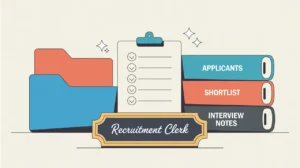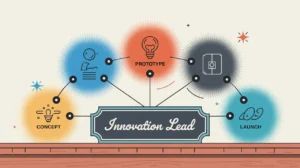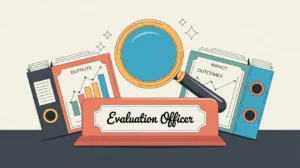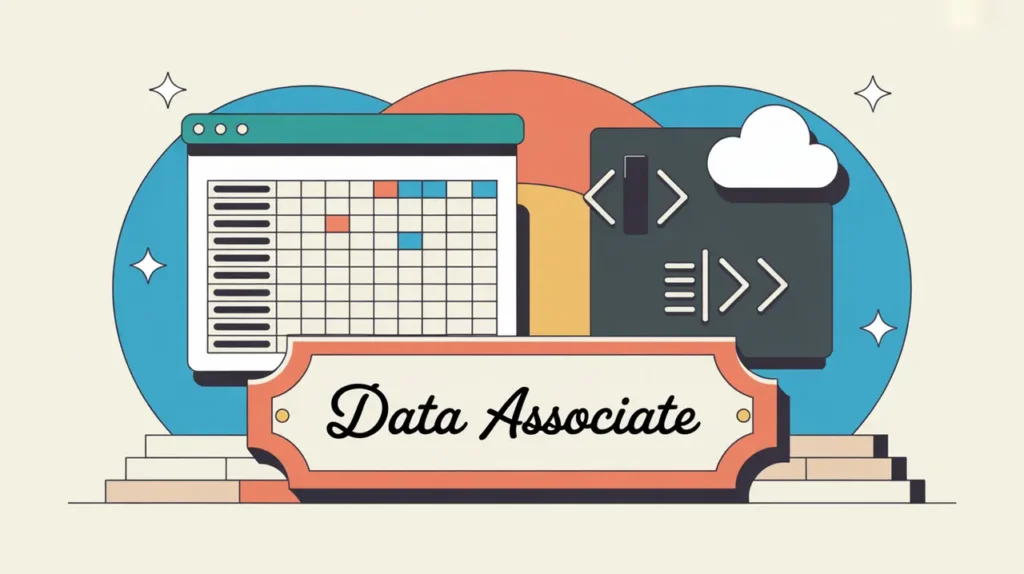What Does the Field Officer Role Involve?
A field officer is responsible for implementing programs and activities directly within communities or project sites. This includes coordinating field operations, engaging with local stakeholders, collecting data, monitoring program progress, and ensuring that activities are delivered according to plans and standards. The role typically sits within program delivery, operations, or monitoring and evaluation functions and acts as the key link between headquarters or regional offices and the communities where programs are implemented. In both nonprofits and social enterprises, field officers play a critical role in ensuring that strategies translate effectively into action on the ground and that community perspectives are integrated into program delivery.
At What Level does this Role Operate?
Entry to Mid Level: This role typically reports to a field coordinator, program manager, or monitoring and evaluation officer, depending on the organizational structure. It involves independent work in the field, coordination with multiple stakeholders, and responsibility for the quality and timeliness of field activities.
Relative Employability: Field officer roles are in steady demand across nonprofits, social enterprises, and development organizations, especially those working in health, education, agriculture, humanitarian aid, or community development. They are often key operational hires for programs that rely on strong field presence and stakeholder engagement.
Relative Pay Scale: Within nonprofits and social enterprises, field officer roles typically sit between entry and mid-level pay bands, reflecting their operational responsibilities, travel requirements, and the skills needed to navigate community contexts effectively.
What are the Key Responsibilities and Activities?
- Implement program activities in the field according to plans, timelines, and quality standards
- Engage with community leaders, partners, beneficiaries, and other stakeholders to support program goals
- Collect quantitative and qualitative data for monitoring and evaluation purposes
- Monitor program progress on the ground and provide feedback to managers and technical teams
- Support logistics for trainings, events, distributions, or community meetings
- Ensure compliance with organizational policies and donor requirements during field activities
- Identify challenges, risks, and opportunities arising in the field and communicate them to supervisors
- Contribute to field reports and documentation that inform program learning and adaptation
- Represent the organization in community meetings and maintain positive relationships with local actors
What Core Competencies and Qualifications are Needed?
Required Qualifications and Experience
The following reflect common qualifications and experience expected for this role, while recognizing that pathways may vary by context, organization, and region.
- Relevant academic background in social sciences, development studies, agriculture, public health, education, or related fields, or equivalent professional experience
- Experience working in community settings or field operations, whether through formal employment, internships, or volunteer work
- Strong interpersonal skills and cultural sensitivity for engaging with diverse communities
- Ability to collect and document data accurately and systematically
- Familiarity with program delivery processes, stakeholder coordination, and basic reporting tools
- Willingness to travel frequently and work in varying field conditions
Key Competencies
- Program implementation and coordination
- Community engagement and relationship building
- Data collection and field reporting
- Problem solving and adaptability in field contexts
- Stakeholder communication and representation
- Operational reliability and attention to detail
How are AI and Automation Shaping this Role?
An AI-native field officer will look to AI and automation to strengthen data collection, improve reporting, and support adaptive program management. They can use AI-powered mobile tools to capture and clean data in real time, receive automated guidance on field procedures, and flag anomalies for immediate action. Automation can streamline reporting workflows, integrate data into central systems, and provide real-time dashboards for field teams. By using these tools effectively, field officers can enhance the accuracy and speed of field operations while focusing more on stakeholder engagement and problem solving.
What Career Pathways and Transferable Skills are Associated with this Role?
Field officer roles can lead to positions such as field coordinator, program officer, monitoring and evaluation officer, or specialist roles within thematic areas like health, education, or livelihoods. The skills developed in community engagement, program implementation, and data collection are highly transferable across nonprofits, social enterprises, government agencies, and international organizations. This role provides a strong foundation for progressing into program management, technical specialization, or regional leadership positions.







